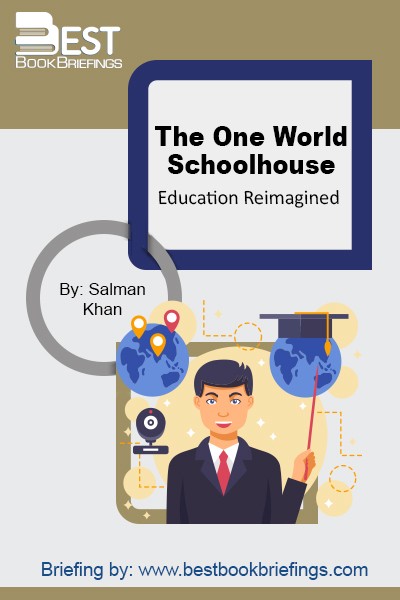The One World Schoolhouse
Education Reimagined
Editorial Review
More than just a solution, THE ONE WORLD SCHOOLHOUSE serves as a call for free, universal, global education, and an explanation of how Khan's simple yet revolutionary thinking can help achieve this inspiring goal.
Book Reviews
Books on Related Topics
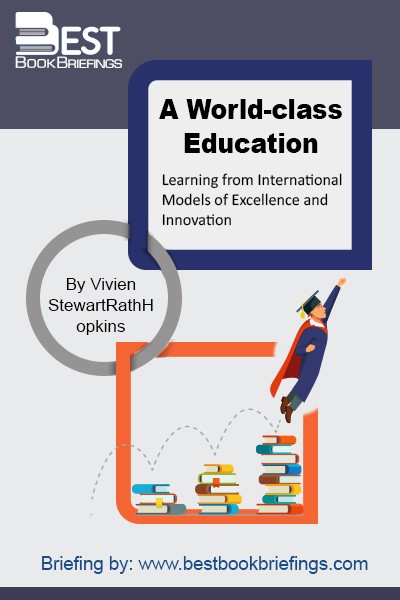
Globalization poses challenges for everyone. Every education system in the world struggles to some degree to keep up with the rapid pace of change. And countries face many similar challenges. For example, widespread internal and international migration have created more heterogeneous societies everywhere, placing new demands on educators as they respond
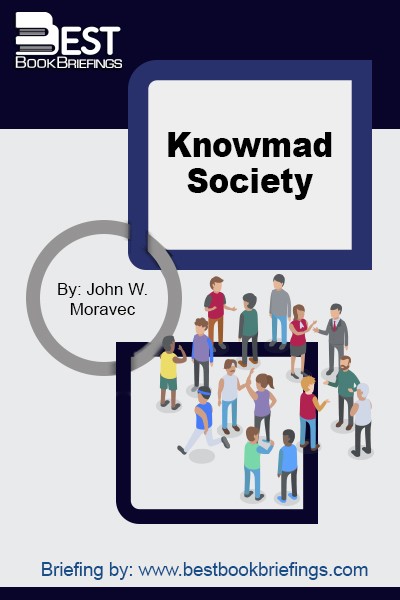
In this book, nine authors from three continents, ranging from academics to business leaders, share their visions for the future of learning and work. Educational and organizational implications are uncovered, experiences are shared, and the contributors explore what it's going to take for individuals, organizations, and nations to succeed in Knowmad
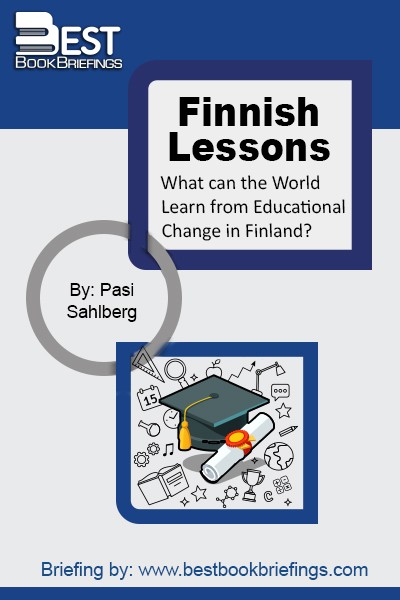
Finnish Lessons is a first-hand, comprehensive account of how Finland built a world-class education system during the past three decades. The author traces the evolution of education policies in Finland and highlights how they differ from the United States and other industrialized countries. He shows how rather than relying on competition,
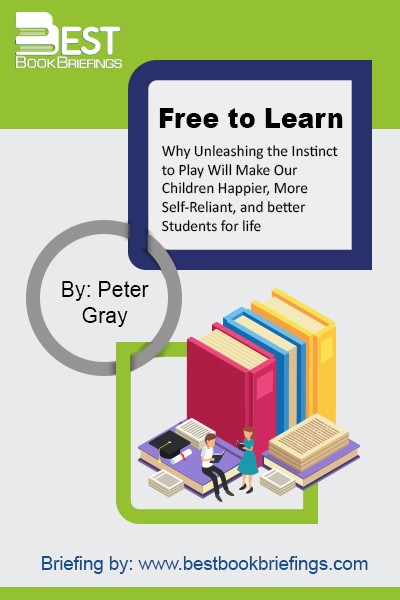
Children come into the world burning to learn and genetically programmed with extraordinary capacities for learning. Within their first four years or so they absorb an unfathomable amount of information and skills without any instruction. They learn to understand and speak the language of the culture into which they are born,

